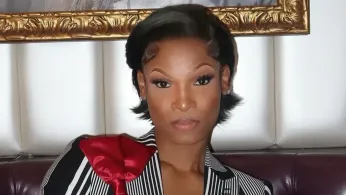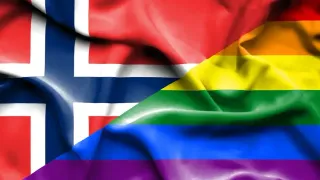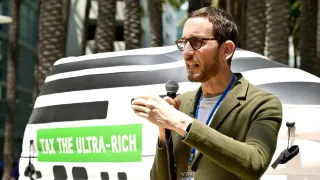
4 hours ago
Online Wig Maker Refuses Sale to Comedian Norman Freeman
READ TIME: 2 MIN.
Norman Freeman, a well-known comedian, influencer, and LGBTQ+ advocate, recently experienced overt discrimination from an online wig maker who refused to sell him a product, explicitly citing his identity as a gay man. The incident occurred earlier this week, when Freeman attempted to purchase a wig from a business whose owner responded by labeling him a"sinner" and denying the transaction. Freeman publicly shared screenshots of the exchange on social media, igniting a wave of support and concern throughout the LGBTQ+ and wider online communities .
Freeman, who has a significant following for his comedic sketches and beauty content, posted the interaction on TikTok and other platforms. The seller, whose business is publicly listed, responded to Freeman’s request by invoking religious beliefs and stating that they would not sell a wig to someone who is"a sinner," directly referencing Freeman’s sexual orientation. This act of discrimination, documented through screenshots and videos, quickly went viral, drawing attention from major LGBTQ+ media outlets and allies .
The LGBTQ+ community and supporters rallied behind Freeman, expressing outrage at the treatment he received and emphasizing the importance of inclusive practices in commerce. Many users highlighted the power of social media in exposing discriminatory behavior and advocated for holding businesses accountable for such actions. Freeman’s post was widely shared, with thousands of comments from individuals condemning the seller’s conduct and offering encouragement to Freeman .
Discrimination against LGBTQ+ individuals in business transactions is not a new phenomenon, but high-profile cases like Freeman’s continue to shed light on persistent barriers faced by marginalized communities. According to the Human Rights Campaign, LGBTQ+ people have long reported being refused service or treated unfairly in various sectors, from retail to healthcare. While progress has been made in some regions toward more inclusive laws and protections, Freeman’s experience serves as a reminder that prejudice remains a reality for many .
Legal protections for LGBTQ+ consumers vary widely by jurisdiction. In the United States, federal law prohibits discrimination on the basis of sexual orientation and gender identity in certain contexts, but gaps remain, especially in states without comprehensive anti-discrimination statutes. Advocacy organizations stress the need for robust enforcement and education to ensure businesses adhere to inclusive practices and that affected individuals are aware of their rights .






